When I was little, I was convinced my mother hated me. Between my two older brothers and me, I was positive I was the one she liked least. Even at a young age, I could sense I was a disappointment, that I didn’t fit the stereotype of her dream daughter: sweet, demure, cooperative, loving. I was that at first, mind you. As a baby, I rarely cried or fussed. I had big blue eyes and wore smocked dresses and ruffled bloomers. It appeared that having me was worth it, I imagine she thought, despite the fact that she was separated from my father before I was even born.
“Daisy was a perfect baby,” my mother still says. “And then she turned three.”
It’s hard to explain a child’s mind once you slip away from it, but even at a very early age, I didn’t trust my mother. When I was four years old, I got very sick while on a family vacation to Guadalupe. I ran for the bathroom in the middle of the night but didn’t make the toilet. Instead of waking my mother up, sleeping soundly in the bed next to mine, I crawled back under the sheets and waited until morning. When she finally walked into the bathroom, she asked if I’d been sick. The evidence was all there, but I just shook my head and said no. It wasn’t that I didn’t love her, I don’t think; rather, I sensed that if I did anything too wrong, she might not love me.
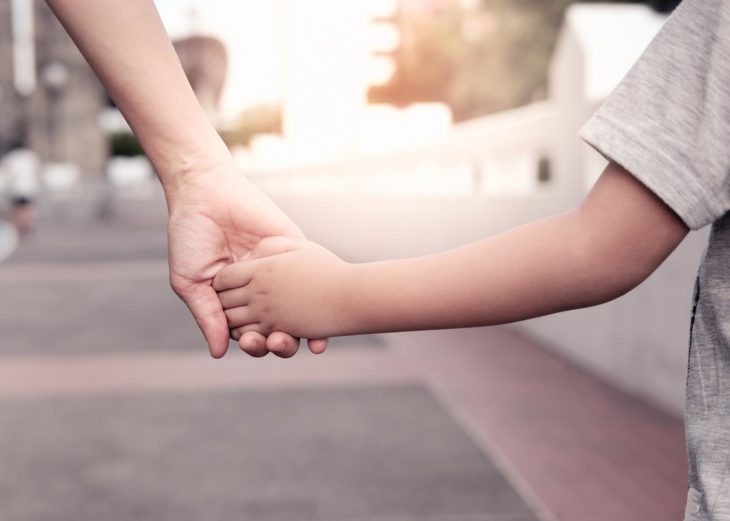
Source: Twitter
Take, for example, a family trip to Yosemite when I was in second grade. By this age, I’d turned into quite a brat. I was overwhelmed with constant unhappiness and just wanted to be left alone with my books. Instead, there were hikes to go on, sites to see, places to explore. For whatever reason, I was miserable and I made sure everyone knew it. As we drove back to San Francisco alone the winding road flanked by a sheer, terrifying cliff, I remember thinking about my mother, “Probably she is going to drive the car off of the cliff and kill us all. Probably that is how she’ll get her revenge.”
My mother wanted a perfect daughter, one who would hold her hand, wear frilly dresses and worship her. Instead: she got me. Juxtapose that with my oldest brother, nine years my elder, who was forced into adulthood at a very young age when our father left. Todd was on the shy side, quiet, but smart. An athlete. Well-mannered and well-behaved. As far as I know, the worst thing he did in high school was skateboard in illegal places. (I was taking acid before freshman year even started.)
Without betraying my brother’s confidence, he was forced into a role he never asked for: that of a surrogate father to me and my other brother, Ross. It’s a role no one should ever have burdened him with and one I didn’t even realize was happening at the time. To me, he was just my big brother, always nice to me (unfailingly so) and willing to let me hang out in his room even when his friends were over. But for my mother, he became a confidant. A teenage boy who had to take on her grown-up problems. And because he was such a good person, he did it. Maybe he complained, but I never heard him.
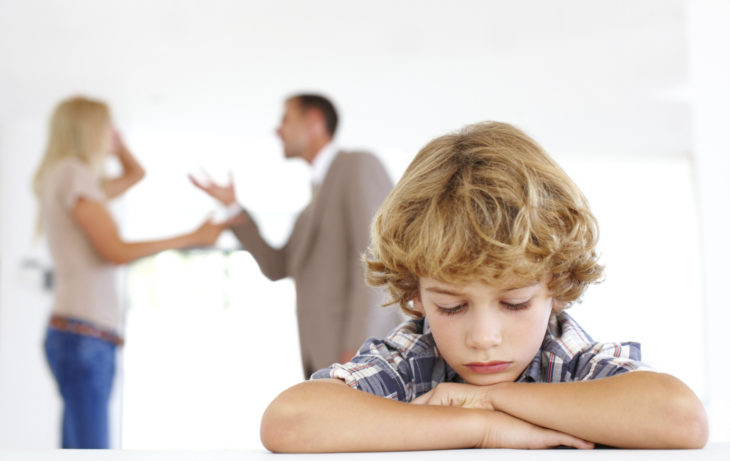
Source: Attorney Krysten Condon
We got older and Todd went to a small New England college followed by a well-known Ivy League school for his Masters. I got kicked out of prep school and sent to a Mormon reform school with alarms on the doors and corporal punishment. Once I graduated, I was almost immediately kicked out of the house and even though I managed to land at a good school, the damage to my relationship with my mother was done. We’d go months at a time without talking; she’d disinvite me to Christmas with the family; when we finally did see each other, the fighting would start almost immediately.
It’s different now. I’m in my 30s. I don’t have the energy for relationships like that. There are times my mother criticizes me or bothers me, but I do my best to let it go. She’s in her 60s. She’s not going to change. And there are still really wonderful things about her, so I focus on those. And I imagine she does the same for me.
In many ways, I’m the “good” child these days. The last few years haven’t always been easy for my brothers, but I just go along without complaint or issue. I’m the daughter so I now understand that more is expected of me when it comes to nurturing family relationships. I make an effort with my extended relatives, even though we grew up 3,000 miles away from them. I always send my mother the most exquisite flowers on special occasions. I organize the family get-togethers when she’s unable to do so. Those little things actually mean a lot to her, I’ve realized. As a single mom, she had to do it all. So any help she can get, any sign that someone in the family actually cares, is important.
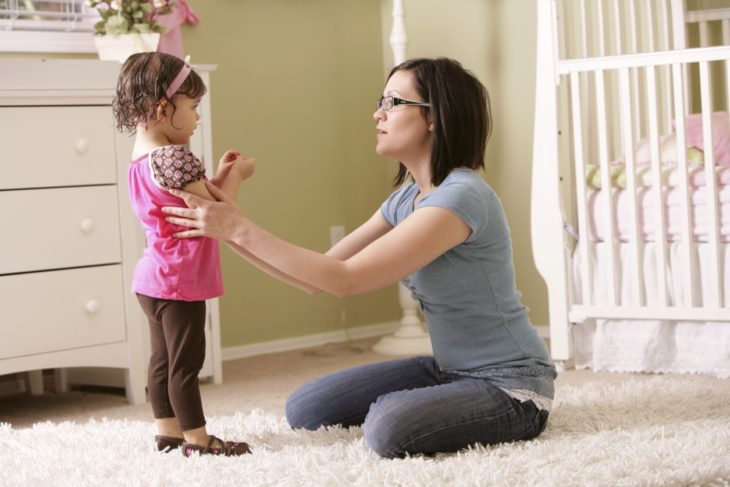
Source: Verywell Family
But I’m still not the favorite. That being said, I’m not a parent, so I don’t know what it’s like to have multiple children. I imagine parents love all of their children for different reasons. But I do know that no matter what, they’re supposed to say they love all of their children equally. This is why when a 42-year-old father admitted he had a favorite son on the parenting website Babble, the Internet exploded. He claimed he preferred his 5-year-old over his 2-year-old because the former could “do more things.” And that to him, he was “more fun.”
The article didn’t exist a few weeks ago when I was sitting with my mother in a nursing home keeping my dying grandmother company. But the topic came up. I don’t remember how.
“Clearly, Todd is your favorite child,” I said. Not in an accusatory way, but as a simple fact, that was obvious to all.
“I don’t have a favorite child,” she insisted.
“But you do,” I pushed back.
“I love all of my children equally,” she said.
“I know you do,” I replied. “But that doesn’t change the fact that Todd is your favorite.”
She thought about it for a while. “Well, Todd and I have more intellectual conversations. He opens up to more.”
“Right,” I said.
“But that doesn’t mean he’s my favorite.”
“Mom,” I insisted. “I honestly don’t care that he is. You’ve known him nine years longer than you’ve known me. It would only make sense that you like him better.”
And then a nurse came in and the conversation was over.
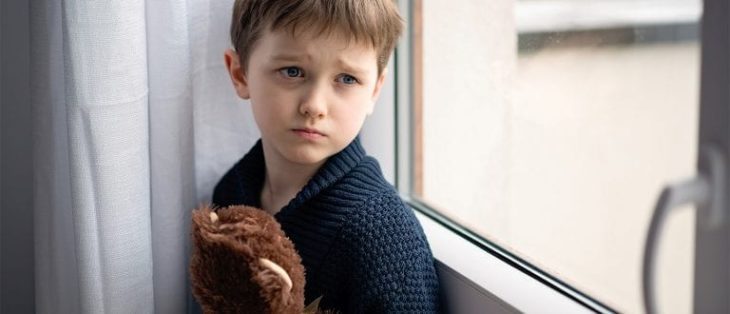
Source: bbrfoundation.org
I meant what I said. I don’t need to be the favorite child. In fact, I’m not even sure that’s a responsibility I would want. It seems like being the favorite only comes with the burden of being a bigger disappointment when you let your parent down. I prefer to remain ensconced in a happy mediocrity, doing kind things because I want to, not because it’s expected.
I don’t think I’ll ever be a mother, something my own threw in my face later on that trip. I’d disappointed her inevitably, despite flying to North Carolina on a whim because I didn’t want her to go through everything alone. The fight was silly, as they tend to be. I wanted to take a taxi home from the airport alone. She wanted us to share one. I was exhausted, on the brink, and I knew being by myself would be best for both us. But she pushed. And pushed. And pushed. I finally acquiesced, but the damage had been done.
“You’ll never know what this feels like,” she spat at me, “to have your daughter be so ungrateful. You’ll never know because you’re never going to be a mother.”
I know it hurts her that I am leaning in that direction. That she likely sees it as a failure of hers rather than a choice of mine. “Thank God,” I spat back. “Because at least then I’ll never do this,” (I motioned to the two of us) “to my child.”
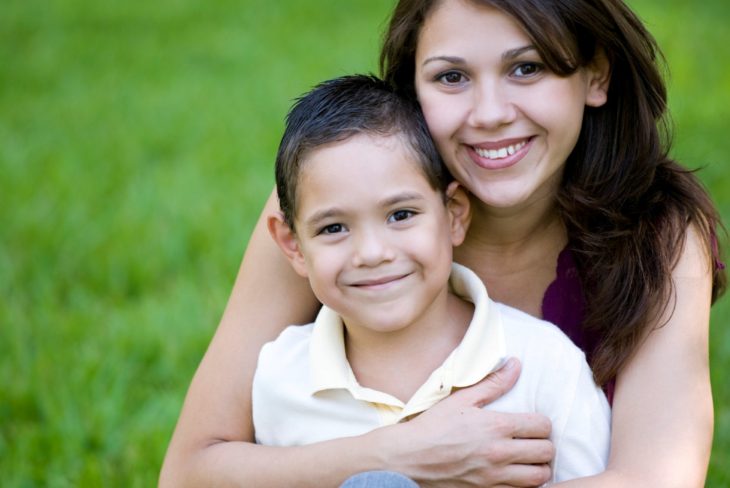
Source: rebelcircus
Before the taxi ride was over, we’d apologized and made up. But as she dropped me off in front of my building, waving goodbye to me from the window, I smiled to myself. Suuuuuure she doesn’t have a favorite. Sure.
Original by
